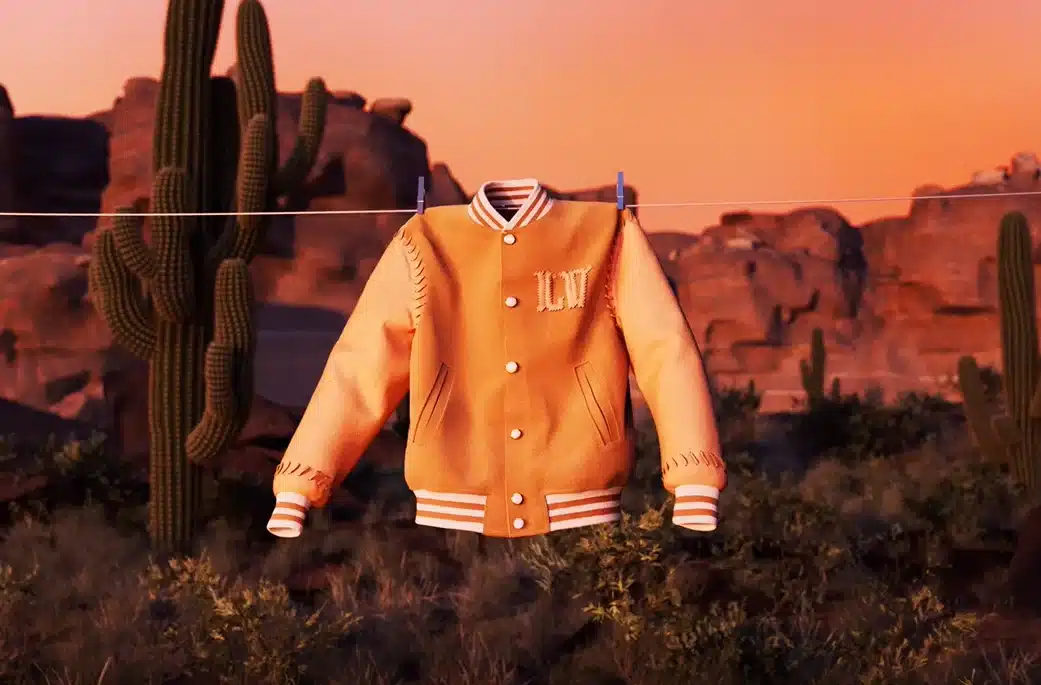
The Securities and Exchange Commission (SEC) has recently made headlines with its announcement of bringing charges against Stoner Cats 2 LLC (SC2), the company behind the Ethereum-based NFT project Stoner Cats. The SEC alleges that the initial sale of Stoner Cats NFTs was an unregistered offering of “crypto asset securities” in violation of the Securities Act of 1933.
Stoner Cats is a generative collection of 10,420 illustrated cat-themed NFTs that were minted by SC2 in July 2021 to fund the production of an animated web series. The project raised approximately $8 million and produced six episodes, featuring A-list celebrity talent, that can only be viewed by owning a Stoner Cats NFT.
In its cease-and-desist order, the SEC applied the Supreme Court’s “Howey” test to determine whether the Stoner Cats NFTs constituted “investment contracts.” The Howey test requires an investment of money in a common enterprise, where buyers have a reasonable expectation of profit derived from the efforts of others. The SEC concluded that the NFTs met these criteria and constituted securities.
This is only the second time that the SEC has applied the Howey test to NFTs, indicating a potential shift towards more aggressive enforcement in the NFT space. The earlier case against Impact Theory for its unregistered sale of NFTs called Founders Keys also demonstrated the SEC’s regulatory stance in the NFT market.
The allegations against Stoner Cats include promises made to buyers that their NFT purchases would fund the development of the animated series and provide exclusive access to the series and any future content. SC2 also promoted the credentials of its production team and made statements suggesting that the success of the web series would increase the value of the Stoner Cats NFTs. The SEC argues that these representations led investors to expect profits from SC2’s entrepreneurial and managerial efforts.
However, some dissenting voices, including Commissioners Hester Pierce and Mark Uyeda, have criticized the SEC’s analysis, arguing that it lacks a meaningful limiting principle. They call for clear guidelines for artists and creators who use NFTs as a way to support their creative efforts and build their fan communities. They liken Stoner Cats to “fan crowdfunding,” which is a common phenomenon in the world of artists and entertainers.
Interestingly, by the time of the SEC’s order, SC2 had already completed its initial run of six episodes and uploaded them to a decentralized storage platform called Arweave. SC2 claims it cannot control or take down the web series from this platform, ensuring that NFT holders will have access to the series “in perpetuity.” However, the attempt to decentralize Stoner Cats did not exempt SC2 from the SEC’s scrutiny.
Overall, the SEC’s order against Stoner Cats broadens the range of activities that may subject NFT projects to regulatory scrutiny. While SC2 agreed to pay a $1 million penalty, destroy all NFTs in its possession, and publish notice of the order, Commissioners Pierce and Uyeda’s dissent calls for greater clarity and guidance for creators using NFTs to support their art.
This case exemplifies the potential regulatory challenges faced by NFT projects and highlights the need for creators to be aware of the evolving legal landscape surrounding NFTs.






